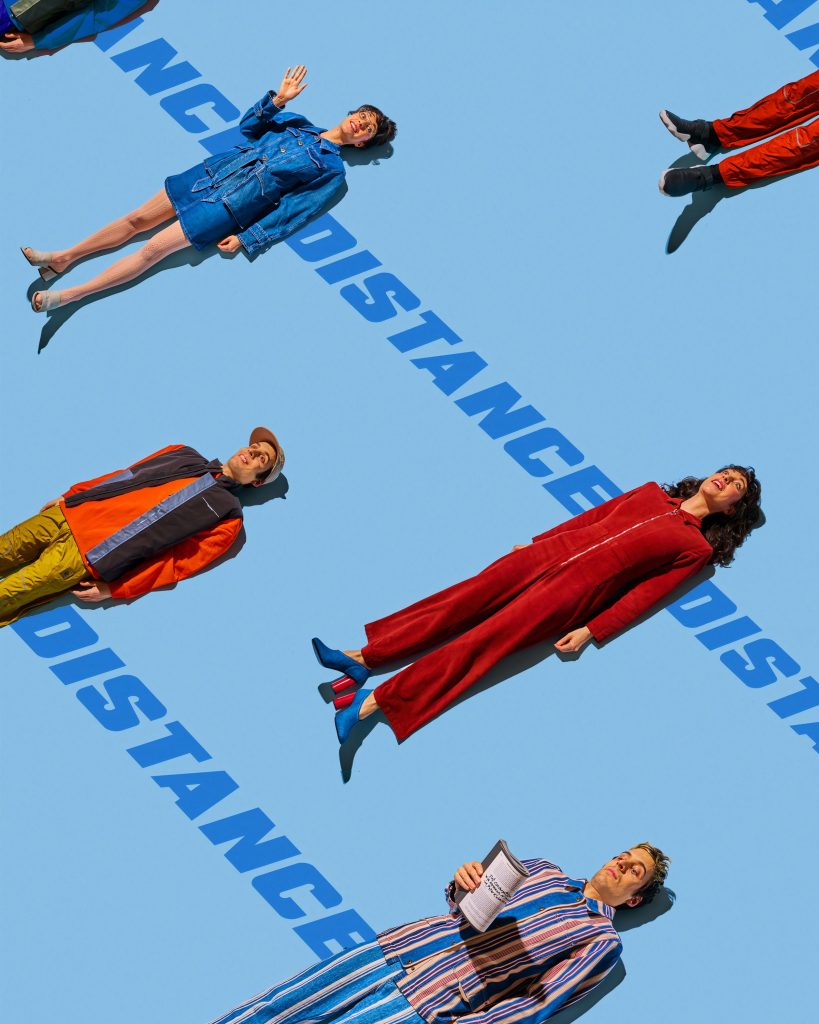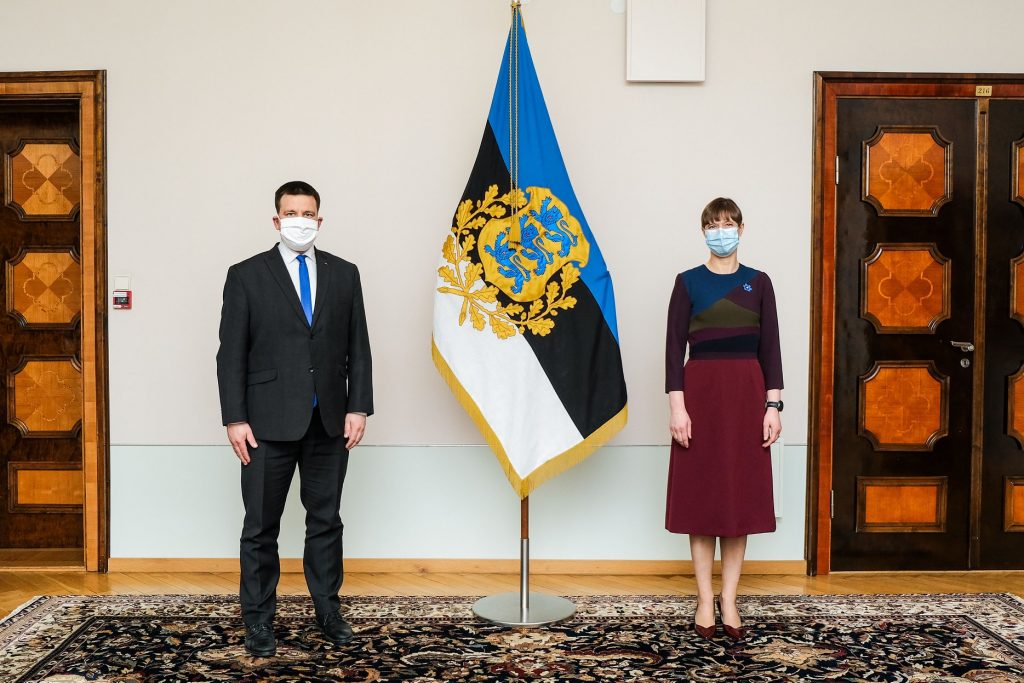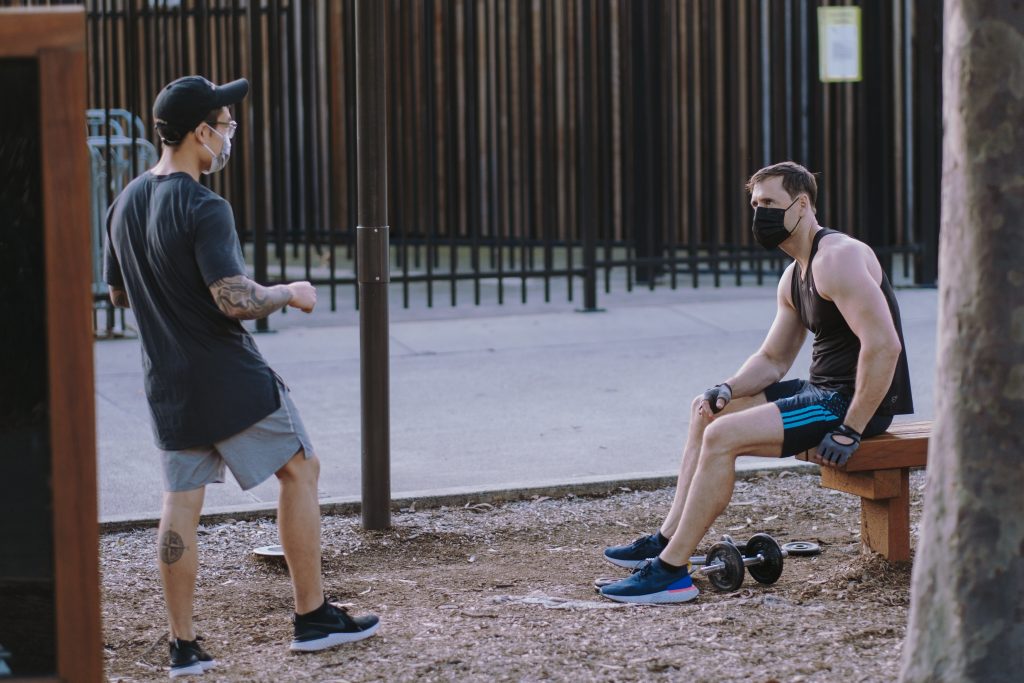The Estonian government has eased some of the coronavirus emergency restrictions and is keeping some of them in effect; the government approved the measures on the last day of the emergency situation, 17 May, when it still had the emergency situation powers.
The government approved the order to continue to restrict the sale of alcohol at all places selling alcohol, including restaurants and bars, from 10:00 PM to 10:00 AM. The restrictions do not apply on board of a ship or an aircraft used for international passenger transport and to a sales premises located in the security area of the international airport or port. The restriction on the sale of alcohol applies to catering establishments, including bars and other similar sales premises until 1 July.
People infected with the novel coronavirus are prohibited from leaving their place of residence from the time of diagnosis until recovery. This also applies to the people using shelters and other such services who must remain in quarantine at their place of stay, the government ordered.
“People in close contact with infected persons may move outside their residence to a limited extent only if they have no symptoms of the disease. It is allowed to leave the home if it is unavoidable, and for spending some time outdoors, if all the measures are taken to prevent the spread of the disease, and instructions of the Health Board are observed.”
The government also approved an order extending the restrictions on crossing the Estonian state border and the 14-day quarantine requirement for people who had previously been subject to this requirement.
The 2+2 rule remains in force
“Latvian or Lithuanian citizens, holders of residence permits or persons with a right of residence in these countries who have no symptoms of the disease, may enter Estonia without an obligation for quarantine. Finnish citizens, holders of residence permits or persons with a right of residence in Finland, who have no symptoms of the disease, who come to Estonia to work, study or for unavoidable family reasons such as meeting with their close relatives, attending a funeral or a wedding, or need to visit due to a case of illness, can also enter Estonia.”
A foreign national without any symptoms of the disease, travelling to their home country is also allowed to transit through Estonia, according to the government.
People without symptoms of the disease, who have had the right to enter Estonia previously without an obligation to stay in quarantine, may continue to do so. “For example, people transporting goods and raw materials, persons involved in the international carriage of cargo and passengers, persons involved in the technical work of a company operating in Estonia, health care providers, diplomats, people arriving within the framework of international military cooperation etc,” the government said.

In public places and indoor premises, the so-called 2+2 rule remains in force, which means that, both outdoors and indoors, up to two people may be together, keeping a distance of two metres (6.5 feet) from other people. The rule does not apply to families or at homes.
In sales and service premises, catering establishments and public spaces of shopping centres, the owner of the establishment must ensure compliance with the 2+2 rule. When entering and exiting the sales and service premises, both employees and customers must be provided with a possibility of using disinfectants.
Catering establishments need to close at 10:00 PM, but take-away purchases are allowed. After 1 July, these establishments can be open without restrictions. And even though the emergency situation has ended, nightclubs, casinos and slot machine arcades, water pipe cafes and adult clubs will remain closed.
Public meetings with no more than 100 participants
The prohibition of excursions for tourism remains in force on Tallinn-Stockholm shipping route.
On 1 June, certain entertainment establishments may open, such as bowling, pool halls and playrooms for children. The service provider must ensure the establishment follows the 50 per cent capacity requirements on the premises, provides disinfectants and observes rules regarding the provision of disinfection in accordance with the instructions of the Health Board.
Saunas, spas, swimming pools and water centres can open as of 1 June. Compliance with the 2+2 rule, the requirement for dispersion of people, the requirement for 50 per cent capacity and the requirement for disinfection must be guaranteed according to the instructions of the Health Board. The rules on sports are applicable for swimming exercises.

Public religious services and other religious rites are allowed if the 2+2 rule is complied with and the provision of disinfectants is guaranteed.
Public meetings may be held only if the 2+2 rule is complied. These may be held indoors if the 50 per cent capacity rule is observed. As of 18 May, up to 10 people may participate; as of 1 June, 50 people; and as of 1 July, 500 people.
Public meetings may be held outdoors if the organiser ensures no more than 100 people attend as of 18 May, and no more than 1,000 people from 1 July; the 2+2 rule must be observed, the government said.
All public events are banned until 30 June. “As an exception, public events are allowed in the open air, where visitors are in their cars, such as drive-in cinemas and concerts. The organiser of the event must ensure that the 2+2 rule is observed, the participants must not leave the car without an unavoidable reason and the distance between parked cars must remain sufficient,” according to the government.
Students may work in groups of no more than 10
From 1 July onwards, movies, performances, concerts, conferences, fairs, festivals and other public events are allowed, including indoor and outdoor sports competitions without spectators, if the 2+2 rule is observed, the indoor premises are filled to no more than 50 per cent of capacity. “In total, no more than 500 people can participate in any indoor event, even if the 50% capacity of the space exceeds that amount. The number of participants in the outdoor event may be up to 1,000 persons,” the government stated.
Education in lower secondary schools, upper secondary schools, vocational education institutions and higher education institutions, as well as in continuous education institutions, informal education and hobby activities, and the activities of open youth centres must follow the 2+2 rule; students may work in groups of no more than 10 (except for tests); when organising the tests, the students must be dispersed in the exam room, the movement of groups of students must be dispersed and all items in common use must be disinfected after use.

From 1 June onwards, informal education and hobby activities must be organised in a way that the 2+2 requirement is observed, up to 50 per cent of the indoor capacity may be used, and the number of participants outdoors cannot exceed 100 people. An informal education or hobby activity related to sports is described separately.
From 12 June, it is possible to organise youth camps and student camps if the 2+2 rule is observed; no more than 300 participants and one group can have up to 20 people. The organiser must ensure that disinfectants are available.
In driving schools and other premises, training must take into account that only one instructor and one student may be in the car and the disinfectants are provided in the vehicle. The organiser of the training cleans all the surfaces touched by students after each lesson.
The surfaces in museums must be disinfected frequently
The government is allowing to engage in sports, to train and hold sports and exercise events if the 2+2 rule is observed and the number of participants does not exceed 10 people, and the organiser has ensured the availability of disinfectants. “As of 1 June, the number of participants may not exceed 100 persons and the organiser must ensure that disinfectants are available. This restriction does not apply to sports teams if the requirements of the international competition regulation are followed, for trainings of Estonian national teams, and championship league trainings.”
Sports competitions without spectators can be held outdoors with no more than 100 participants. The provision of disinfectants must be guaranteed.
It is allowed to engage in sports, training and organise sports and exercise events indoors if the compliance with 2+2 requirements is guaranteed, no more than 50 per cent of the capacity of the space is filled, disinfectants are available and the number of participants is no more than 10 people. From 1 June, the size of the group is no longer limited, but the 50 per cent capacity and 2+2 rule must be still observed. When visiting museums and exhibition institutions, the 2+2 rule must be observed; for visiting groups, there may be a maximum of ten visitors in the group; the availability of disinfectants must be ensured. “The surfaces frequently touched by visitors must be cleaned frequently. If possible, the organiser offers digital information materials instead of physical materials. Creative workshops will not be organised using commonly used tools or, if organised, they will be disinfected after each user,” the government asserted.
Cover: People socially distancing at an outdoors gym. The photo is illustrative. Photo by Kate Trifo on Unsplash.

